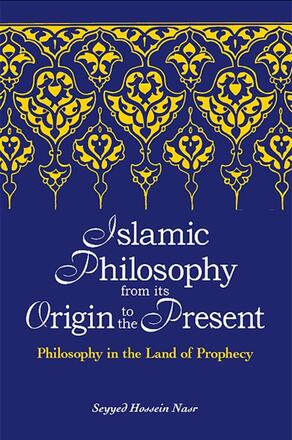
Islamic Philosophy from Its Origin to the Present
Philosophy in the Land of Prophecy
Alternative formats available from:
A comprehensive overview of the Islamic philosophical tradition.
Description
AIslamic Philosophy from Its Origin to the Present offers a comprehensive overview of Islamic philosophy from the ninth century to the present day. As Seyyed Hossein Nasr attests, within this tradition, philosophizing is done in a world in which prophecy is the central reality of life—a reality related not only to the realms of action and ethics but also to the realm of knowledge. Comparisons with Jewish and Christian philosophies highlight the relation between reason and revelation, that is, philosophy and religion.
Nasr presents Islamic philosophy in relation to the Islamic tradition as a whole, but always treats this philosophy as philosophy, not simply as intellectual history. In addition to chapters dealing with the general historical development of Islamic philosophy, several chapters are devoted to later and mostly unknown philosophers. The work also pays particular attention to the Persian tradition.
Nasr stresses that the Islamic tradition is a living tradition with significance for the contemporary Islamic world and its relationship with the West. In providing this seminal introduction to a tradition little-understood in the West, Nasr also shows readers that Islamic philosophy has much to offer the contemporary world as a whole.
Seyyed Hossein Nasr is University Professor of Islamic Studies at The George Washington University. He is the author and editor of many books, including Islam: Religion, History, and Civilization.